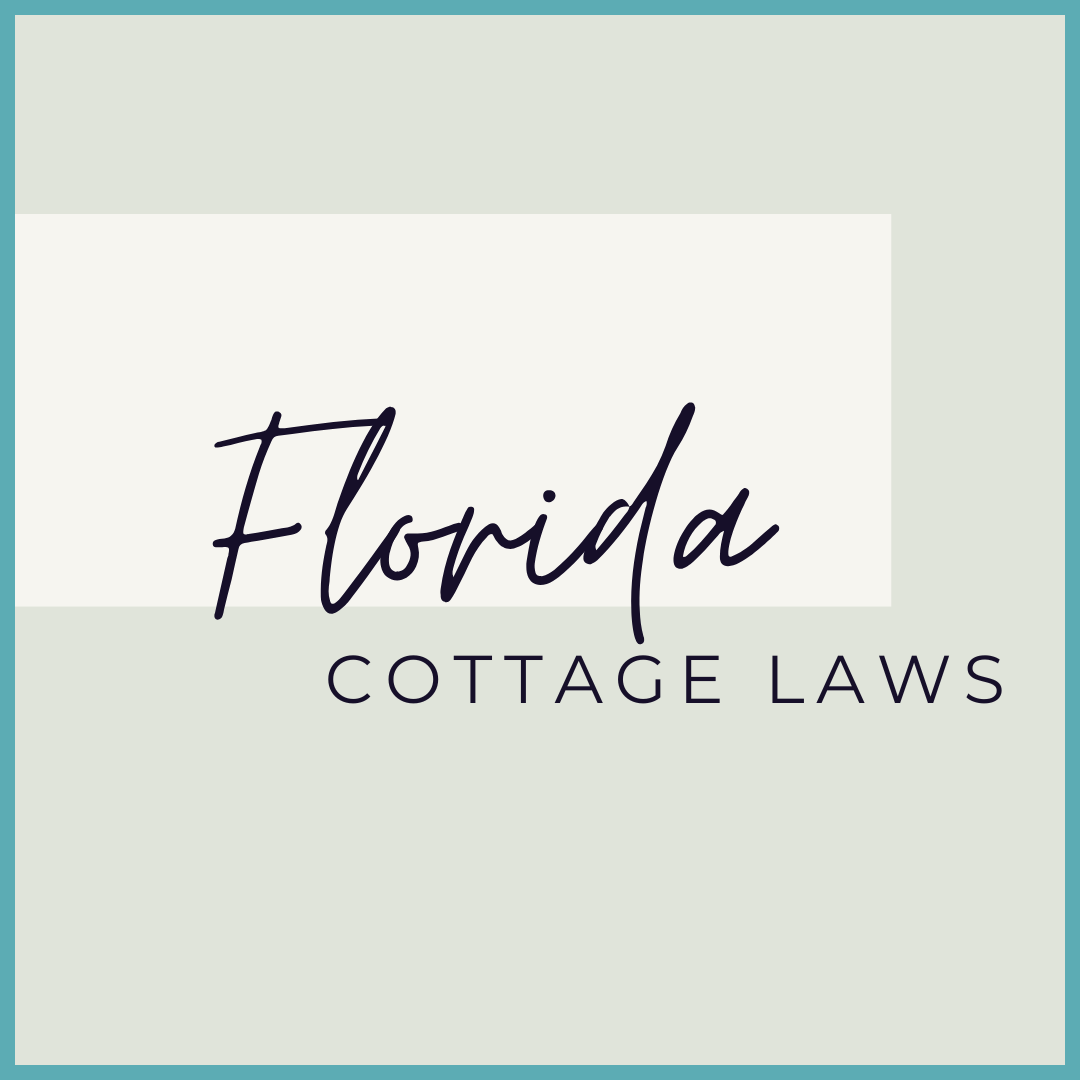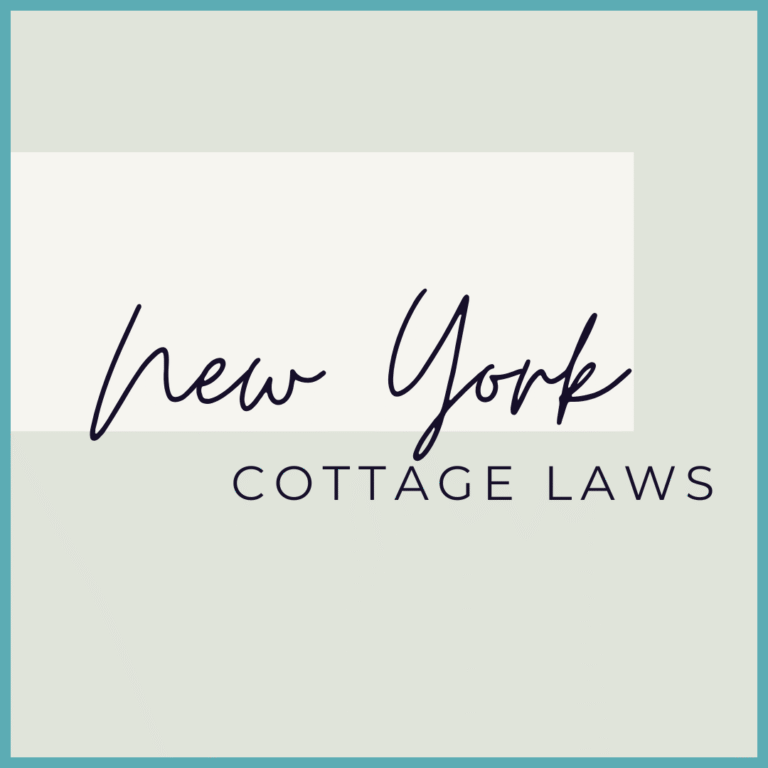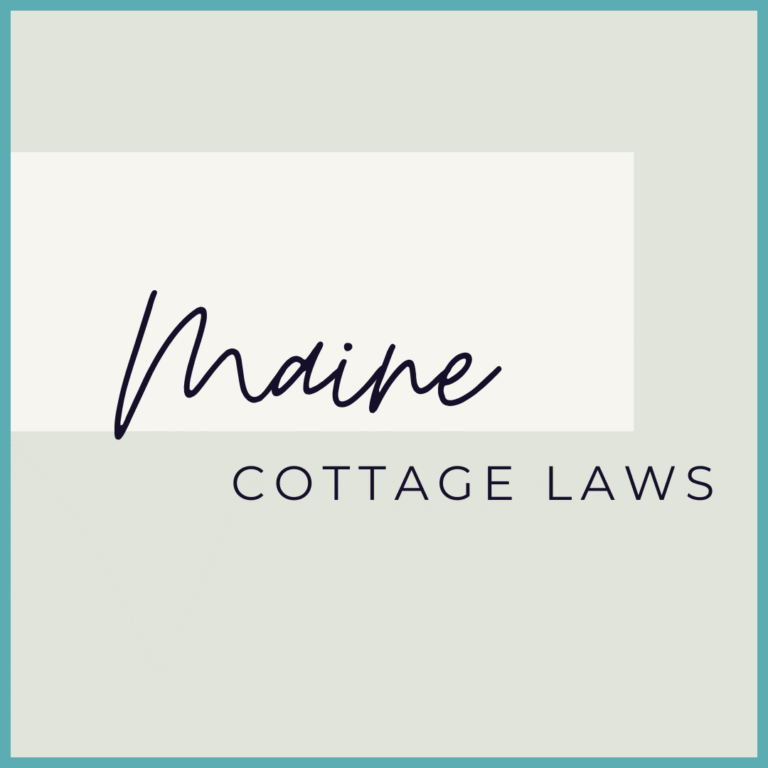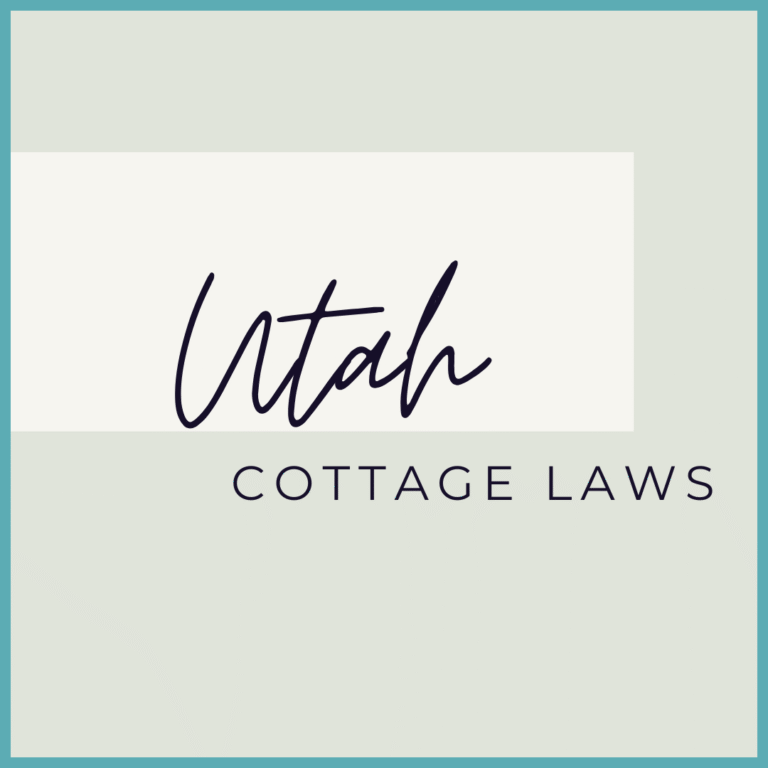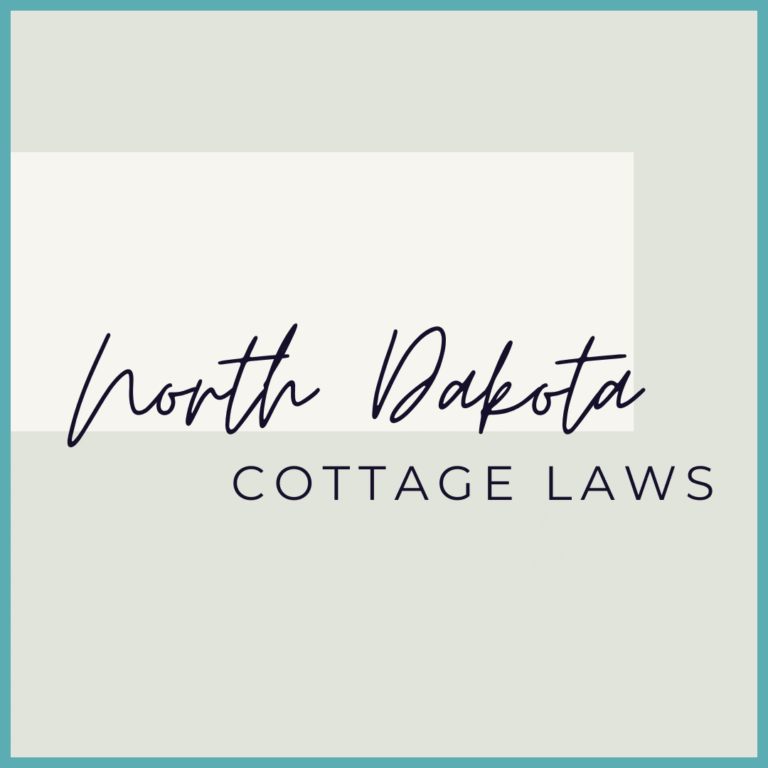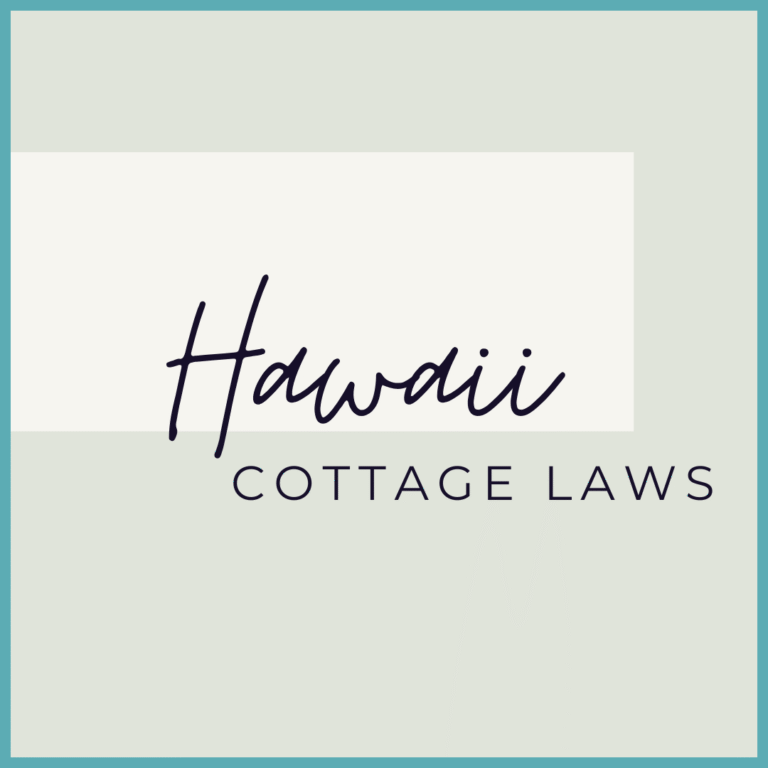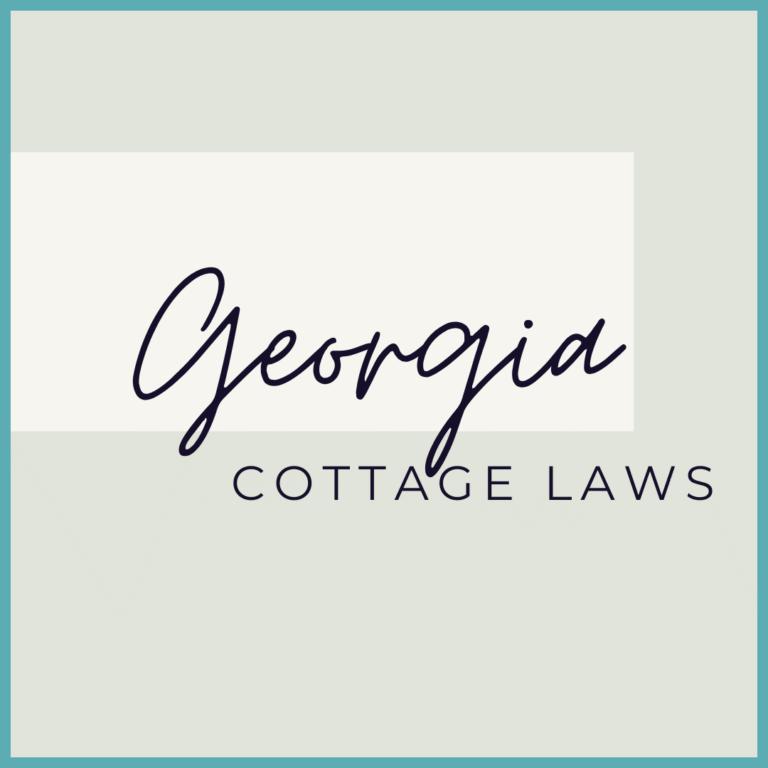Florida Cottage Laws
Florida's “Home Sweet Home Act” makes cottage food dreams come true in the Sunshine State!
Welcome to Florida, where the sunshine isn't the only thing that's bright – the cottage food opportunities are too! Thanks to the transformative “Home Sweet Home Act” of 2021, Florida has become one of the most entrepreneur-friendly states for home-based food businesses. Whether you're dreaming of selling your grandmother's famous key lime pie recipe or starting a custom cake business, Florida's cottage food laws provide an amazing foundation for turning your culinary passion into profit. Let's dive into everything you need to know to get started!
“Home Sweet Home Act” (2021)
On July 1, 2021, Florida truly revolutionized cottage food with House Bill 663, known as the “Home Sweet Home Act.” This landmark legislation transformed Florida into a cottage food paradise by:
Raising the Revenue Cap:
- Increased from $50,000 to $250,000 annually – a 5x increase!
Expanding Sales Methods:
- Interstate shipping now allowed via USPS and commercial carriers
- Mail order sales permitted
- Online sales with payment processing
Eliminating Local Interference:
- Preempted local regulations – no more patchwork of confusing city and county rules
- Standardized regulations statewide
- Protected cottage food operations from local prohibition
Allowing Business Partnerships:
- Individual cottage food operations can now operate as business entities
- Can have business partners and employees
What Makes Florida Special Now?
Florida's cottage food laws are now among the best in the nation, offering several unique advantages:
High Revenue Potential
At $250,000 annually, Florida offers one of the highest cottage food revenue caps in America. This means you can build a substantial business without needing to transition to a commercial kitchen.
No Permits or Inspections Required
- No licensing from the Florida Department of Agriculture and Consumer Services (FDACS)
- No regular inspections by state entities
- No permits required to start selling
- Only complaint-based investigations
Statewide Protection
The “Home Sweet Home Act” prevents local governments from:
- Prohibiting cottage food operations
- Creating additional regulations for cottage food production
- Interfering with cottage food sales
Multiple Sales Channels
- Direct sales from your home
- Online sales with payment processing
- Farmers markets and events
- Mail order anywhere in the US
- Interstate shipping via USPS and commercial carriers
- Custom orders for events and parties
What Foods Can You Make and Sell?
Florida allows a wide variety of non-potentially hazardous foods – items that don't require refrigeration for safety and have low risk of causing foodborne illness.
Allowed Foods Include:
Baked Goods:
- Breads, rolls, and bagels
- Cookies, brownies, and bars
- Cakes and cupcakes (without cream fillings)
- Muffins, biscuits, and scones
- Pies (fruit pies, not cream pies)
- Pastries and sweet breads
- Wedding cakes (without cream fillings)
- Donuts, waffles, and pizzelles
Confections and Sweets:
- Hard candies and chocolates
- Fudge and toffee
- Caramel corn and kettle corn
- Marshmallows and chocolate-covered items
- Granola and nuts
- Popcorn and crackers
Preserved Foods:
- Jams, jellies, and preserves
- Honey (for beekeepers)
- Dried fruits and herbs
- Vinegars and extracts
- Tinctures (check alcohol content regulations)
Specialty Items:
- Pasta and cereals
- Certain syrups (like sorghum syrup)
- Roasted nuts and seeds
- Boiled peanuts and legumes
What You CANNOT Make:
Potentially Hazardous Foods:
- Items requiring refrigeration
- Fresh dairy products (milk, cheese, yogurt)
- Cream, custard, or meringue fillings
- Fresh meat or seafood products
- Cut fresh fruits and vegetables
Specific Prohibited Items:
- Buttercream frosting (traditional)
- Acidified foods (pickles, salsas)
- Low-acid canned foods
- Fermented foods (kombucha, sauerkraut)
- Fresh juices or beverages
- Pet foods
- Hummus and garlic dip
Special Note on Ingredients:
While you can't sell dairy products directly, you can use eggs, milk, and dairy as ingredients in allowed baked goods. For example, you can't sell fresh milk, but you can use milk in cake batter.
Step-by-Step: How to Get Started
Getting started with a Florida cottage food business is remarkably simple thanks to the streamlined regulations.
Step 1: Verify Your Products Qualify
Ensure all your intended products fall under Florida's allowed cottage food list. When in doubt, contact FDACS for clarification.
Step 2: Set Up Your Home Kitchen
- Use your primary residence kitchen only
- Cannot use commercial kitchens or shared facilities
- Must have single kitchen with appliances designed for residential use
- Maintain good sanitation practices
Step 3: Create Proper Labels
This is your main requirement! Every cottage food product must be prepackaged and labeled with:
Required Label Information:
- Name and physical address of your cottage food operation
- Product name (common or usual name)
- Complete ingredient list in descending order by weight
- Net weight or volume of the product
- Allergen information as specified by federal requirements
- Required statement in at least 10-point font: “Made in a cottage food operation that is not subject to Florida's food safety regulations”
Step 4: Handle Business Basics
While not required by cottage food law, consider:
- Local business tax registration – contact your local tax collector
- Business license if required by your municipality
- Sales tax registration with Florida Department of Revenue
- Business insurance (highly recommended)
Step 5: Start Selling!
You can begin selling immediately through any of Florida's allowed channels:
- Direct sales from home
- Online sales with shipping
- Farmers markets and events
- Mail order customers
Where and How Can You Sell?
Florida's “Home Sweet Home Act” provides incredible flexibility in sales methods:
Direct Sales Venues:
- Your home residence
- Farmers markets (provided no other food items require permits)
- Pop-up markets and flea markets
- Roadside stands
- Special events (weddings, birthday parties, festivals)
Online and Remote Sales:
- Website sales with online payment processing
- Social media marketing and sales
- Mail order anywhere in the United States
- Interstate shipping via USPS or commercial carriers
- Custom orders for events and celebrations
What You CANNOT Do:
- Wholesale sales – cannot sell to stores for resale
- Consignment sales – cannot have others sell for you
- Restaurant sales – cannot sell to commercial food establishments
- On-site consumption – customers cannot eat your food on your premises
Annual Revenue and Growth Potential
$250,000 Annual Limit
Florida's quarter-million-dollar cap provides substantial earning potential:
- That's over $20,000 per month in gross sales
- Enough to support a family or supplement income significantly
- Room to grow a substantial business before needing commercial facilities
Tracking Your Sales
You must be able to provide FDACS with written documentation of annual gross sales upon request. Keep detailed records of:
- All sales transactions
- Monthly and annual totals
- Customer information for shipped orders
- Ingredient costs and business expenses
Growing Beyond Cottage Food
When you approach the $250,000 limit, you have options:
- Transition to a licensed commercial kitchen
- Rent space in a shared commercial facility
- Partner with a co-packer for production
- Expand into commercial food manufacturing
Special Considerations for Florida
Business Entity Options
Thanks to the “Home Sweet Home Act,” cottage food operations can now:
- Operate as individual sole proprietors
- Form business entities (LLCs, partnerships)
- Have business partners and employees
- Accept investments and scale operations
Shipping and Delivery
Florida leads the nation in shipping flexibility:
- Interstate shipping allowed – sell to customers nationwide
- USPS and commercial carriers approved
- Mail order processing permitted
- Direct delivery to customers and event venues
Local Compliance
While state regulations are standardized, you must still comply with:
- Traffic and parking ordinances
- Noise regulations for home businesses
- Signage restrictions in your neighborhood
- Hours of operation limits for retail activity
Beekeepers Special Rules
If you're a beekeeper selling honey under cottage food laws:
- Must store honey on your cottage food operation premises
- Can sell bottled honey and cut comb in containers
- Same $250,000 annual limit applies
- Same labeling requirements apply
Food Safety Best Practices
While Florida doesn't require training or inspections, following food safety practices protects your business and customers:
Kitchen Hygiene:
- Maintain clean work surfaces and equipment
- Wash hands frequently during food preparation
- Use clean utensils and storage containers
- Keep pets away from food preparation areas
Ingredient Safety:
- Use quality, fresh ingredients
- Store ingredients at proper temperatures
- Check expiration dates before use
- Source ingredients from reputable suppliers
Product Safety:
- Follow tested recipes consistently
- Package products appropriately
- Label with production dates
- Store finished products properly
Customer Relations:
- Be transparent about ingredients and allergens
- Respond promptly to customer questions
- Address any concerns professionally
- Maintain good communication with buyers
Common Beginner Mistakes to Avoid
- Incorrect labeling – The required statement must be exact and in at least 10-point font
- Using prohibited ingredients – Stay within the allowed foods list
- Allowing on-site consumption – Customers cannot eat your food at your home
- Attempting wholesale sales – All sales must be direct to consumers
- Ignoring local business requirements – Check for business license needs
- Poor record keeping – Track all sales for potential FDACS requests
Success Stories and Market Growth
Florida's cottage food reforms have created remarkable success stories:
Economic Impact
- Thousands of new cottage food businesses since 2021
- Significant growth in farmers market vendors
- Increased entrepreneurial opportunities, especially for women
- Rural economic development through home-based businesses
Real Entrepreneurs
Florida cottage food producers are thriving with businesses like:
- Custom wedding cake designers
- Specialty cookie and brownie operations
- Artisan jam and preserve makers
- Holiday and seasonal treat specialists
- Event catering services
Getting Help and Resources
Official Resources:
- Florida Department of Agriculture and Consumer Services (FDACS)
- UF/IFAS Extension offices throughout Florida
- “Home Sweet Home Act” official documentation
Educational Resources:
- University of Florida Extension publications on cottage foods
- Free cottage food resources and guides
- Food safety training (not required but recommended)
Community Support:
- Florida Cottage Food Bakers Facebook groups
- Local farmers market associations
- Small business development centers
Ready to Start Your Florida Cottage Food Dream?
Florida's “Home Sweet Home Act” has created one of the most favorable cottage food environments in America. With a $250,000 annual cap, interstate shipping, online sales, and protection from local interference, the Sunshine State truly shines for cottage food entrepreneurs.
Florida's Amazing Advantages:
- $250,000 annual revenue potential
- No permits, licensing, or inspections required
- Interstate shipping and mail order allowed
- Statewide protection from local regulations
- Business entity formation permitted
- Multiple sales channels available
Your Action Plan:
- Verify your products meet Florida's cottage food requirements
- Set up your home kitchen with proper sanitation practices
- Create compliant labels with all required information
- Register for business basics (tax ID, local licenses if needed)
- Start selling through direct sales, online, or farmers markets
- Scale strategically toward the $250,000 annual potential
The Florida Promise: Florida didn't just create cottage food laws – they created cottage food opportunity. The “Home Sweet Home Act” removed barriers, increased limits, and standardized regulations to help entrepreneurs succeed. Whether you want to supplement your income with weekend baking or build a substantial food business, Florida provides the legal framework to make it happen.
From Key lime cookies to custom celebration cakes, from artisan jams to specialty breads – Florida welcomes your cottage food dreams with open arms and favorable laws. The Sunshine State is ready to help you turn your home kitchen into a successful food business!
Start your Florida cottage food journey today – no permits required, just passion and great food!
Disclaimer: This information reflects Florida's cottage food laws as of 2024-2025, including the “Home Sweet Home Act” amendments. While Florida's laws are favorable, always verify current requirements with the Florida Department of Agriculture and Consumer Services (FDACS) and consult local authorities about business licensing requirements. Individual circumstances may vary, and food safety practices are always recommended.
